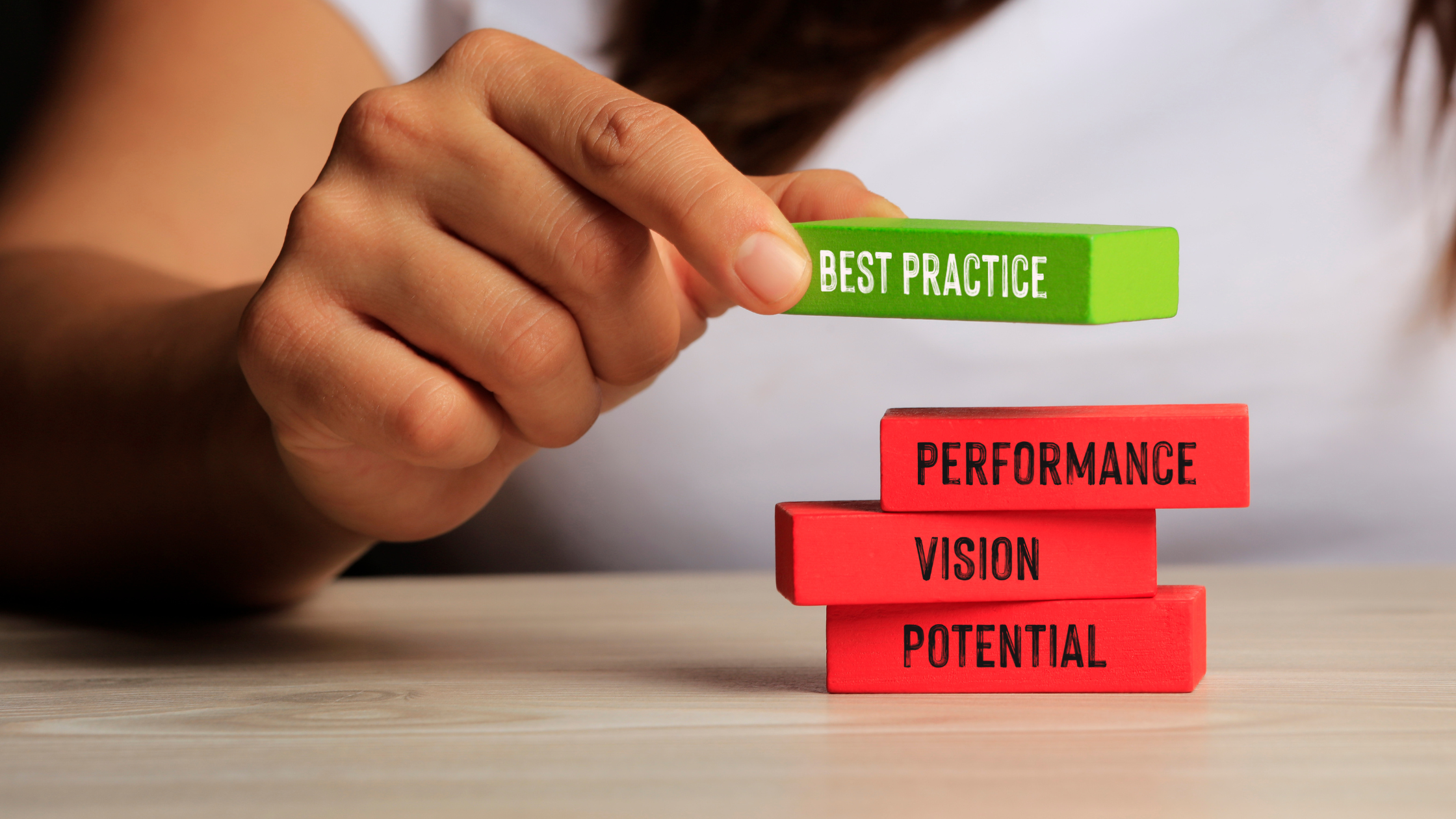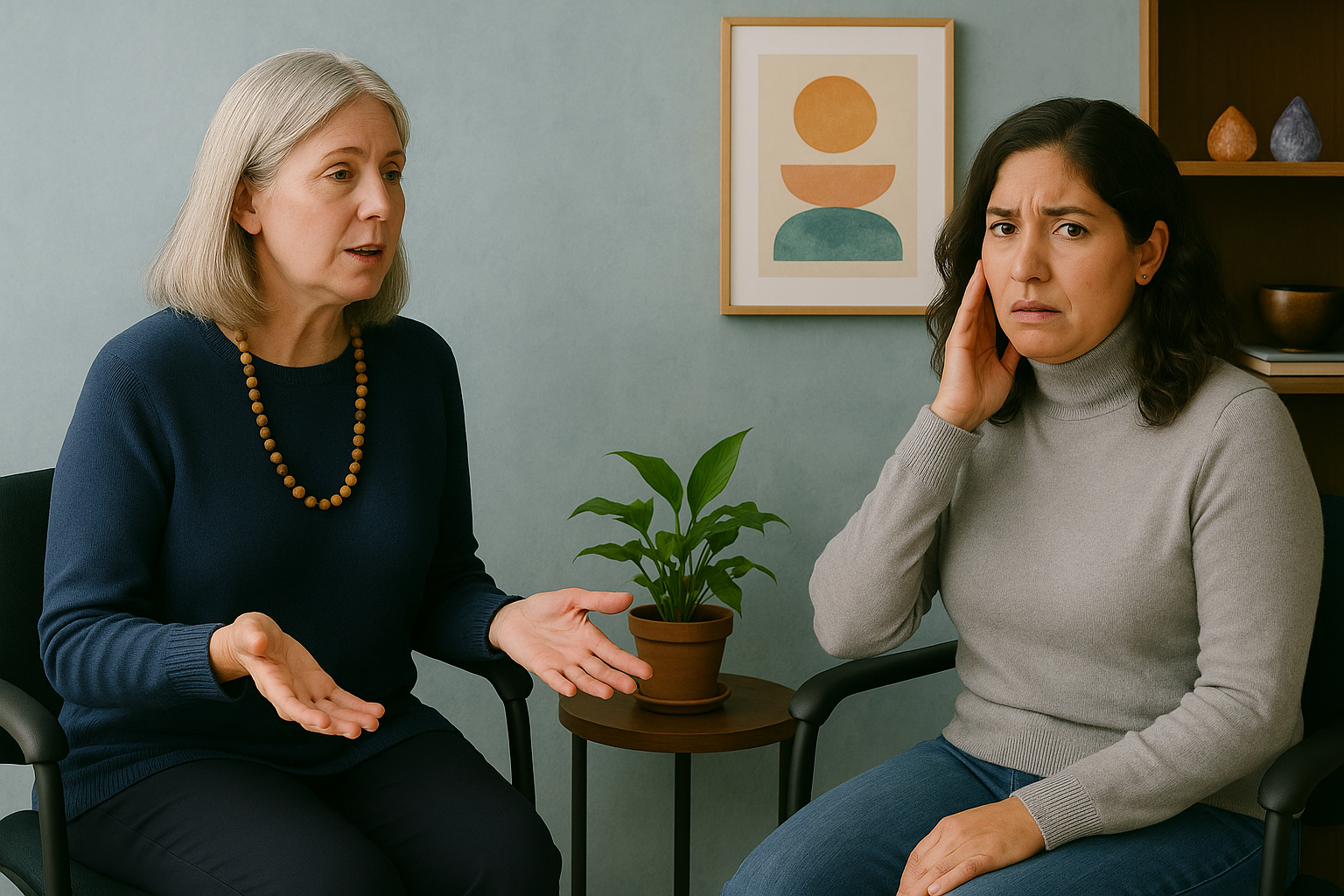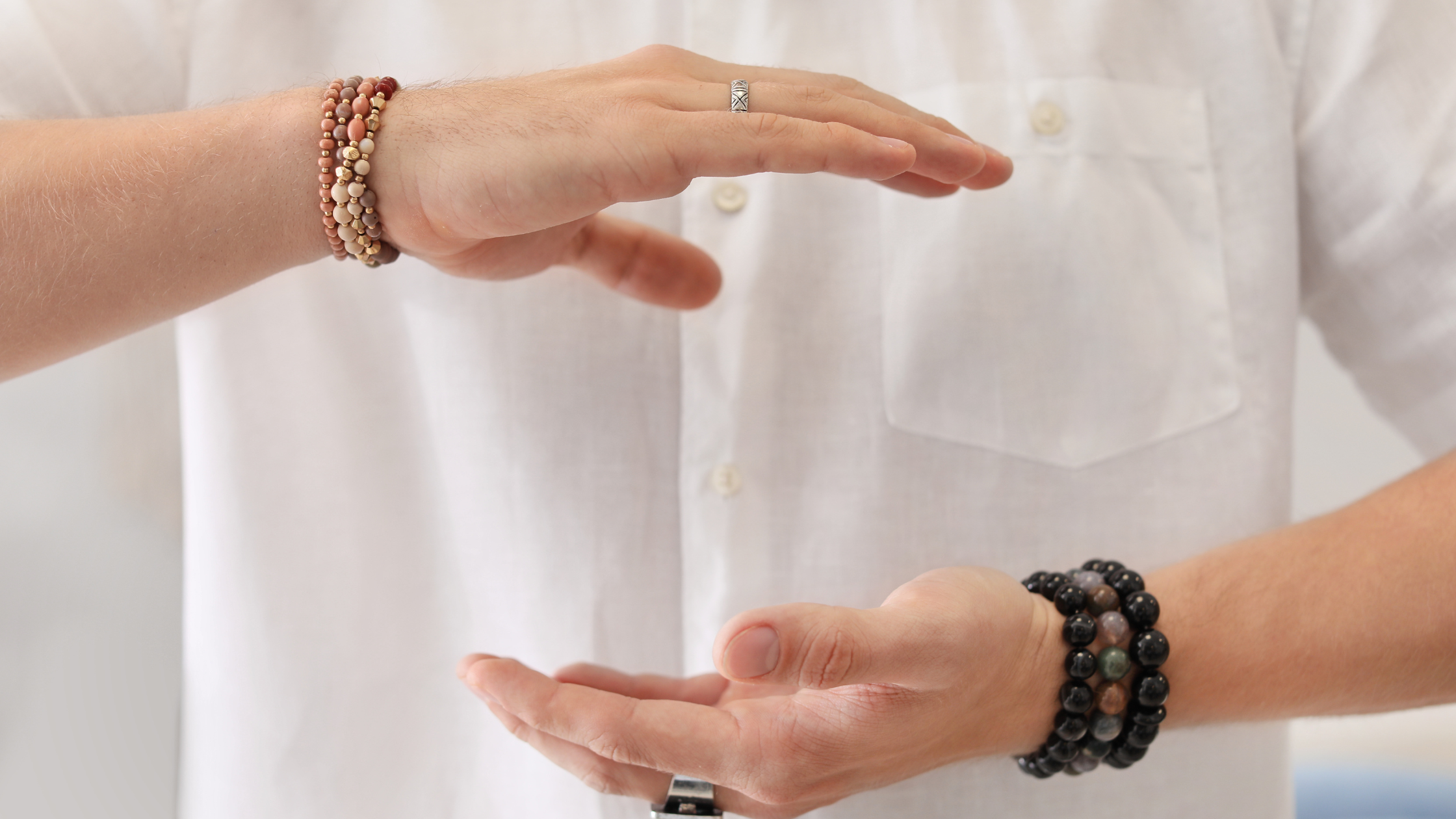Code of Ethics for Energy Healers: Best Practices for a Safer Practice
July 2nd, 2025
4 min read
By Anya Charles

As an energy healing practitioner, you likely spend your time focused on supporting your clients, developing your skills, and building a meaningful practice. But there’s one document that often gets overlooked, especially because it’s usually not required by law for non-licensed work:
The Code of Ethics.
Unlike licensed medical professionals, energy healers aren’t bound by the same mainstream medical regulations or formal standards of care. That can be freeing by offering you flexibility, but it also creates risk. Without clear protections in place, even a small misunderstanding can turn into a big problem.
That’s where your Code of Ethics comes in. It is a practical tool that helps you set boundaries, create trustworthy relationships, and show up as a professional in a largely unregulated field.
 What Is a Code of Ethics, Really?
What Is a Code of Ethics, Really?
A Code of Ethics is a written document that outlines the values, boundaries, and professional conduct you commit to as an energy healing practitioner. It covers how you handle client relationships, confidentiality, informed consent, communication, and other key areas of practice.
It’s not a legal contract, and it’s not imposed by a governing body. It’s something you create or adopt voluntarily as a way to define how you work and what clients can expect from you. Think of it as an outline that helps you stay grounded, make consistent decisions, communicate those decisions, and uphold your professional standards.
Code of Ethics and Standard of Care: What’s the Difference?
In mainstream medicine, practitioners are required to follow something called a standard of care. This refers to the legally recognized, condition-specific protocols that licensed professionals must follow—for example, prescribing antibiotics for bronchitis or casting a broken arm. It’s a legal term, not just a clinical one, and failing to follow the standard of care can lead to serious liability.
But energy healing doesn’t work this way. As non-licensed practitioners, we don’t diagnose, treat, cure, or prescribe, which means the legal concept of standard of care simply doesn’t apply. There’s no state-issued guideline for how to support someone using Reiki, Healing Touch, or other energy modalities.
What we do have is…you guessed it: a Code of Ethics.
In licensed healthcare, a nurse or doctor is usually expected to follow both a standard of care and a professional code of ethics. As energy practitioners, our Code of Ethics is the one formal structure we can rely on to show we’re operating with credibility and intent.
Why Have a Code of Ethics If It’s Not Required?
It’s true, if you are a non-licensed energy healer, a Code of Ethics isn’t required. No one is forcing you to have one. And yet….
Having a Code of Ethics is one of the smartest moves you can make as a professional. Let’s talk about why!
When you're licensed, like a doctor, nurse, or therapist, you have to follow a lot of rules: confidentiality laws, documentation standards, continuing education, scope of practice limits, to name a few. The tradeoff? You also get legal protections. If something goes wrong, and you’ve followed all the rules, you’ve got a layer of legal defense on your side.
As a non-licensed energy practitioner, you don’t have those same requirements, but you also don’t have those same protections. If someone files a complaint or takes legal action, you can’t point to a regulatory body or a state law and say, “I followed the rules.” That’s where your documentation, like the Code of Ethics, steps in to support you. This is your best practice, your gold standard, and your line of defense.
It helps demonstrate that you take your work seriously, follow consistent professional standards, and care about doing right by your clients! Plus, maintaining a Code of Ethics builds trust. It tells your clients that you’ve thought about how you work and how you’ll handle challenges. It checks the box for both professionalism and protection, which can make a real difference if anything ever goes sideways.
-Jul-02-2025-04-01-12-9029-PM.png?width=349&height=528&name=HubSpot%20Banners%20for%20EMPA%20(1)-Jul-02-2025-04-01-12-9029-PM.png) How a Code of Ethics Guides Real-World Decisions
How a Code of Ethics Guides Real-World Decisions
A Code of Ethics is a working document you return to when things get murky.
Let’s say a client asks if they can bring a friend into a session. Or they request a service you don’t typically offer. In moments like these, having a Code of Ethics gives you a clear way to evaluate and respond. Instead of making a judgment call in the moment—or feeling pressured to say yes—you have a professional framework to lean on.
Sharing your Code of Ethics is typically included as part of your intake process, either as a stand-alone document or incorporated into your informed consent and client agreement forms. This way, clients understand your expectations before work begins and have an opportunity to ask you questions. If you make updates down the line, you can resend the revised version for their review and acknowledgment—just like any other part of your client paperwork.
You may find that your certifying organization, or a professional association like EMPA, requires that you adhere to a code of ethics as a best practice for professionalism and liability protection. This is because if something unexpected happens, (a miscommunication, a complaint, a claim) your documents can help clarify what your policies are and how you apply them.
At EMPA, we provide a thorough, ready-to-use Code of Ethics specific to energy and holistic healers that members can adapt for their own practice. It’s one of many tools we offer to help practitioners stay grounded, protected, and clear.
What’s Next: Set the Standard for Yourself and the Field
Choosing to adopt a Code of Ethics offers protection for you, but also goes a step beyond. It raises the bar - for your practice, your clients, and the entire energy healing profession.
These best practices help shape how the public sees energy healing as an industry.
You want to protect your practice. You want your clients to feel safe and informed. And you want to see energy healing gain the respect it deserves. That happens when we hold ourselves to a shared standard. When you are professional in your work, you are helping yourself and the industry.
You are the rising tide that raises all boats.
At EMPA, we want to make it easy. Members have access to a customizable Code of Ethics and our Safe Practice Course to help you build a solid foundation—including resources on client forms, documentation, and professional policies. Carrying the right liability insurance and completing your Safe Practice Certification Course (SPCC) are also key parts of protecting both yourself and your clients.
Want to take your safety practices even further? Read: 5 Best Practices to Protect Your Energy Work While Staying True to Your Purpose
If you haven’t reviewed your documents in a while, this is a good time to start. Make sure your policies are up to date, and that your clients know exactly what to expect from working with you. A little preparation on paper can go a long way in practice.
Disclaimer: This article is for educational purposes only and does not provide legal, financial or medical advice. The examples are general, and coverage may vary by policy. Always refer to your insurance provider or policy language for specific details, as the policy terms take precedence. For legal concerns related to your practice, consult an attorney.
Anya is a writer with a passion for inspiring those around her. She is the Content Manager at EMPA, where she works closely with subject matter experts to turn their insight into articles that inform, support, and empower the energy healing community. With over a decade of experience in the wellness world, she enjoys making complex ideas feel accessible and meaningful. Whether she’s writing new pieces or polishing others, Anya’s focus is on helping others grow their clarity and professionalism. She also serves as Editor in Chief of Energy Magazine, a unique publication dedicated to the world of energy medicine. Outside the office, you’ll find Anya reading, planning travel adventures, or negotiating peace treaties with her houseplants.
Topics:

.png?width=1326&height=405&name=EMPALogo_final_white-01%20(1).png)
























